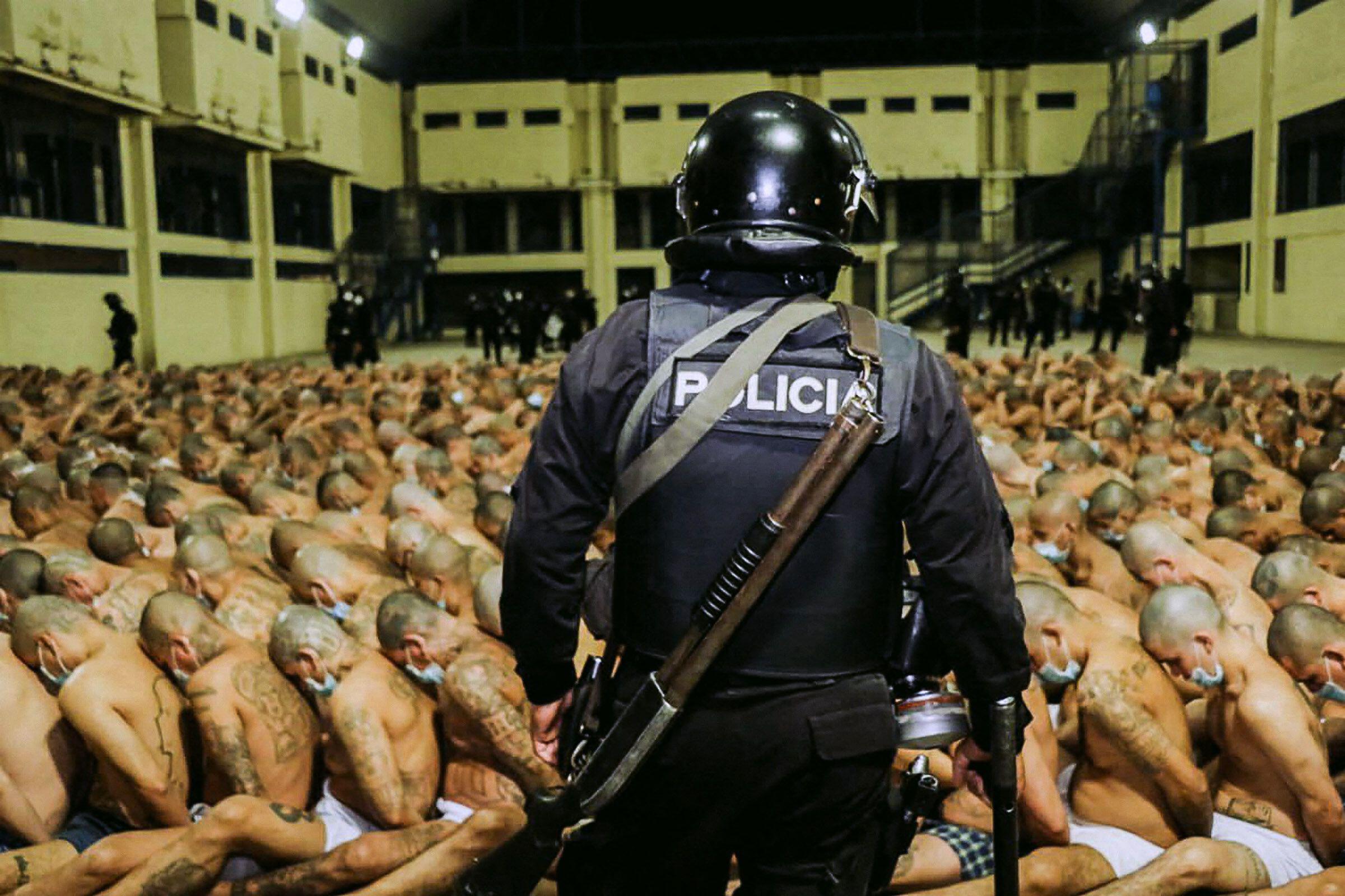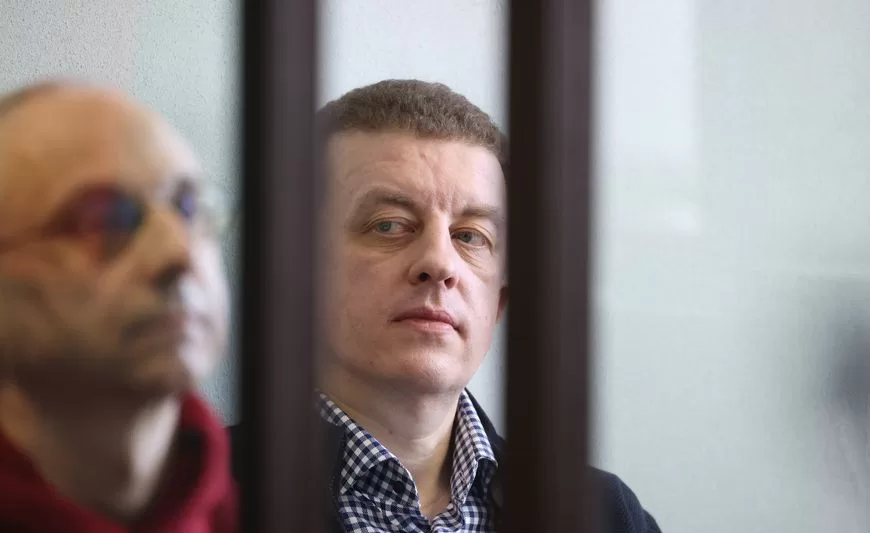“They won’t silence me. I want a public trial!” shouted prominent human rights lawyer Ruth Eleonora López, a Bible clutched in her hands, as she stood outside a courtroom earlier this month in San Salvador, the capital of El Salvador. López is accused of illegal enrichment, a charge she and her lawyers flatly deny. Her arrest is more likely down to her role uncovering alleged government corruption and human rights violations.
López’s case is just the tip of the iceberg. Dissent is being crushed under President Nayib Bukele. In the past two months alone, a second lawyer critical of Bukele has been arrested, as have a pastor and a lawyer who were peacefully protesting outside the Los Sueños residential area, where Bukele lives; several journalists from leading investigative news outlet El Faro – who spoke to us in 2020– have fled the country fearing their own arrest, days after a story was published claiming links between the government and a gang; the head of a bus company who resisted offering transport for free reportedly died in custody; and a “foreign agents” law was passed, which will introduce a 30% tax on all overseas donations received by Salvadoran independent media outlets and human rights groups.
Bukele was first elected in 2019. Since then he has overridden the constitution so that the presidency can go beyond a single term. He has done away with routine checks and balances and now controls all three branches of government. In 2022 he declared a state of emergency (extended 35 times), which has seen human rights traded for so-called national security. Around 110,000 people (1.7% of El Salvador’s population) are currently imprisoned – the highest incarceration rate in the world – locked up to apparently tackle gang violence. Except many inmates have not been convicted of any crime at all, fuelling suspicions that imprisonment is being used to crush dissent. In 2023, former national security advisor Alejandro Muyshondt publicly accused Bukele of corruption. He was taken into custody, where he later died at age 46.
Unsurprisingly dozens of lawyers, academics and human rights defenders have joined journalists in fleeing the country.
Bukele boasts about being the world’s “coolest dictator” and has a fan in the figure of Donald Trump (the new Salvadoran mega-prison houses migrants from the USA). His social media accounts – followed by millions – contain a mix of policy announcements, one-upmanship and threats. On his X profile this week, he reposted a global leader approval ranking that placed him at the top. Is he that popular? It’s hard to know. Crime is down under him, but whether that’s actually because of him is contested. Clearly though El Salvador is only safe for those who bite their tongue, which means it isn’t safe at all.






